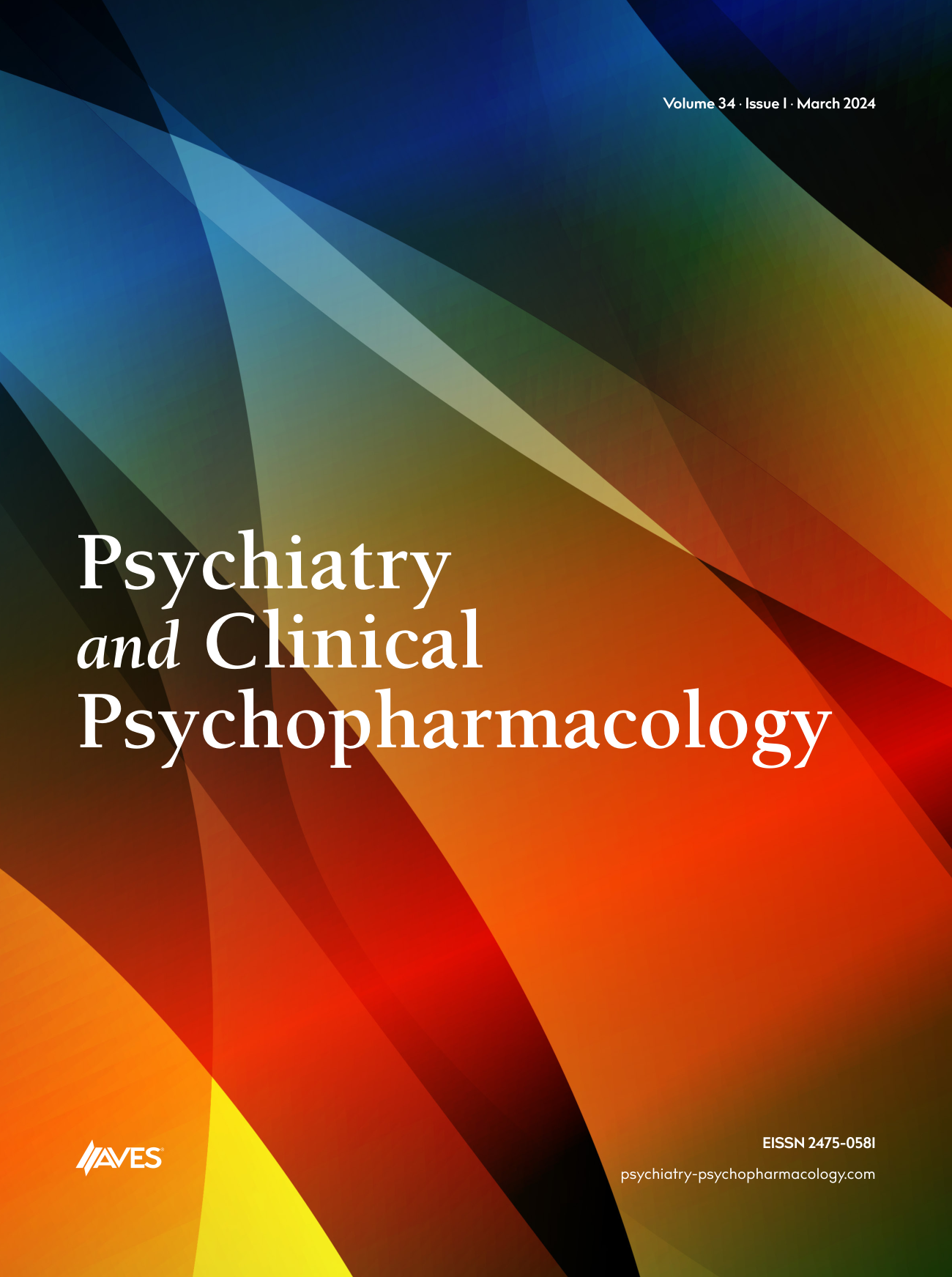Objective: Bipolar disorder is a chronic psychiatric disorder with variable course and significant impact on patients’ social, occupational, marital and general functioning. The mood symptoms of individuals with bipolar disorder are determined by multiple effects including biological and environmental factors. For example, the quality of social support influences both relapse rates and relapse polarity of the disease, and marital relationship is considered the most important source of social support. marital function among those who are married is often impaired and they have higher divorce rates. Several studies in the literature indicate that being married has a positive impact on functionality, and also reduce the number of episodes and increases adherence to treatment. Earlier studies tend to focus on how marriage affects the illness. The focus of our study is to investigate whether the bipolar disorder stimulates the number of marriages, how this illness impacts on decisions like getting married and divorced, and what the relationship between marriage and clinical features of patients with bipolar disorder is.
Methods: The study enrolled 205 participants who were over 18 years old, diagnosed with bipolar disorder I and II, and in the euthymic state. They were assessed by using a data form that evaluates their socio-demographic, clinical and marriage status.
Results: According to our study results, out of 205 participants, 114 (55.6%) are women and 91 (44.4%) are men. 175 (85.4%) are diagnosed with bipolar disorder 1 and 30 (14.6%) have bipolar disorder II. Their ages range between 18 and 68 years. In terms of their marital status, 37 (18.0%) of them were never married, 122 (59.5%) were married and divorced, 40 (19.5%) were divorced, 4 (2.0%) of them were widowed and 2 (1.0%) were in a common-law marriage. This study also finds that 136 (66.3%) of all participants married once, 22 (10.8%) of them married twice, 8 (3.9%) married three times, 1 (0.5%) married four times and 1 (0.5%) of them married five times. According to our results, 41 marriage decisions out of the total 213 were made when the participant was in an active episode. 24 of 41 were in manic-mixed episode, 11 were in depressive episode and finally 6 were in hypomanic episodes; 28 divorce decisions out of a total of 88 were made when the patient was in an active episode, 23 of 28 were in manic-mixed episode, 4 were in a depressive episode and 1 was in a hypomanic episode. 27 out of 78 divorced female patients said that their partners divorced them because they were diagnosed with bipolar disorder and/or used medications.
Conclusion: Individuals with bipolar disorder experience different clinical episodes. Patients’ decisions to get married, or remarried and divorced seem to be affected by the episode they are in. Additionally, the gender of patients influences these decisions. All these findings show that treatment of bipolar disorder should be comprehensive and holistic, which comprises all areas of their life.



